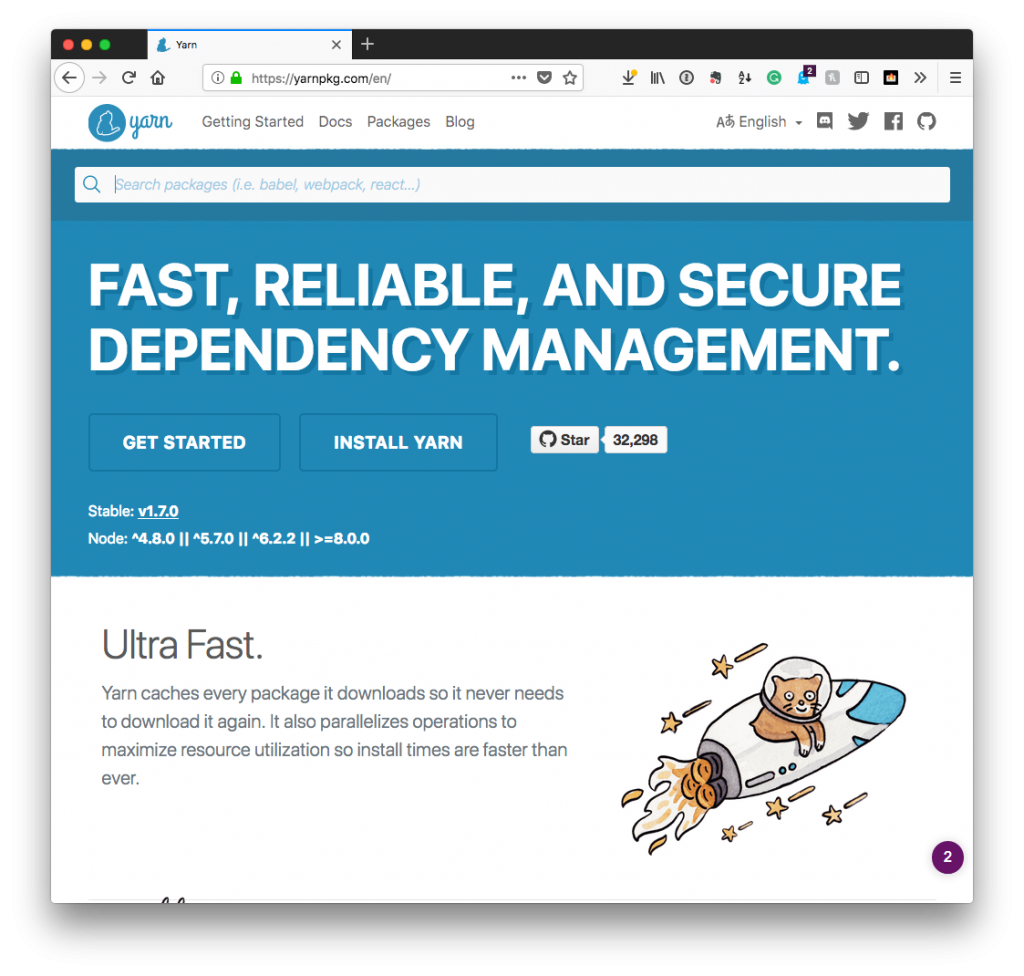I’ve had a few conversations with various friends and others on Twitter about the notion of global variables in programming languages. For those who are new to programming or who are unsure as to why they are bad:
The use of global variables makes software harder to read and understand. Since any code anywhere in the program can change the value of the variable at any time, understanding the use of the variable may entail understanding a large portion of the program.
This isn’t to say they don’t have their use, but if you’re interested in object-oriented programming (especially in a WordPress setting where you’re going to be using PHP), then it’s important to understand some better alternatives than global variables.
That is, there are ways to work with passing data around your application without the need for global variables. And one such way is the registry pattern.



